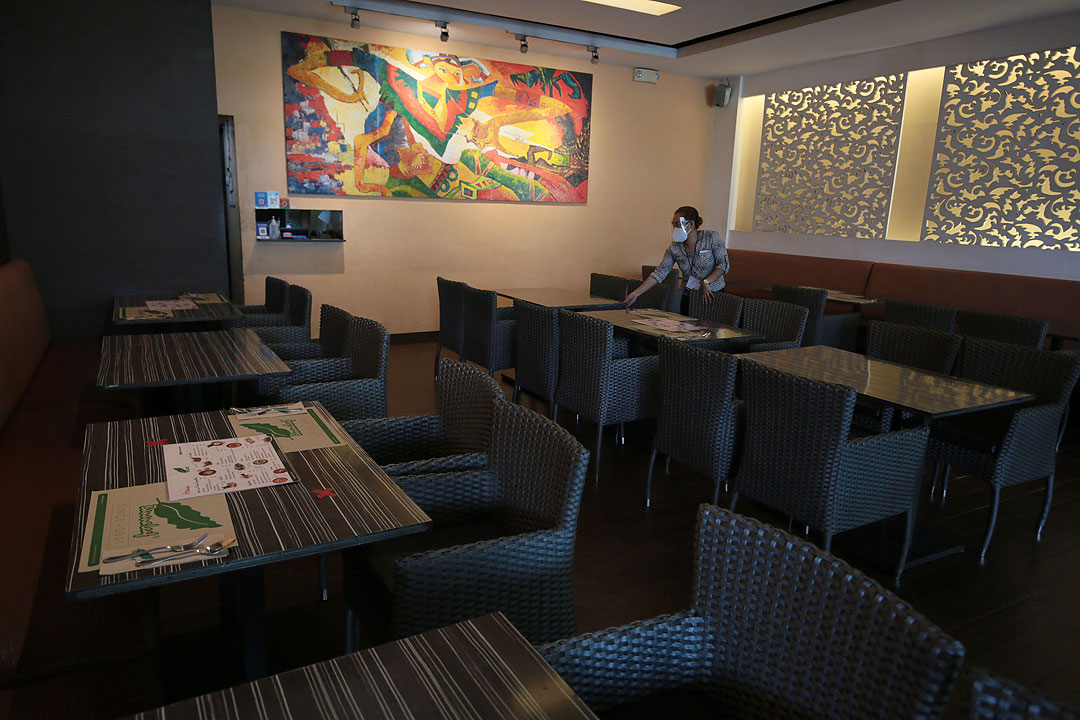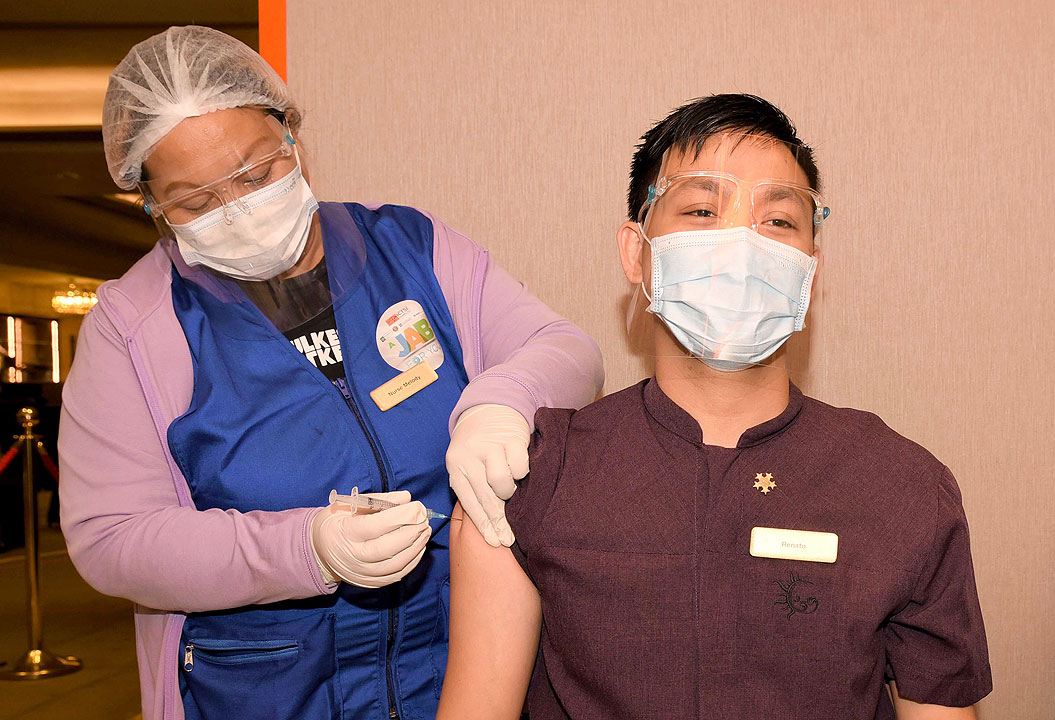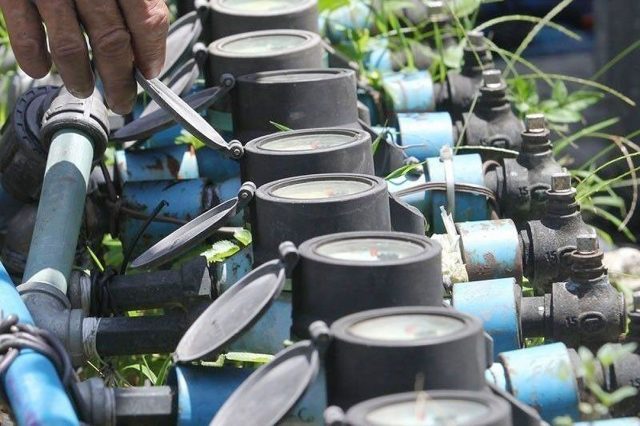A MUSICAL comedy about a struggling musician, a drama on the difficult realities of immigration, and a detective-style documentary about a Spanish painter’s missing skull are a few stories included in this year’s PELÍCULA Spanish Film Festival, which will be held online for a second year.
The online film festival will run from Oct. 1 to 10 at www.pelikula.es.
Presented by the Instituto Cervantes branches in Manila and Sydney and the Spanish Embassies in the Philippines, Malaysia, Thailand, and Australia, PELÍCULA will stream 16 feature films and four short films which were originally released between 2018 to 2021.
“In these trying times and in our fight against COVID-19, we believe that culture and cinema is an important tool against the isolation. And sometimes, the alienation, that the pandemics have brought to many of us. Films and visual arts are indeed a good refuge in these dire times and PELÍCULA is the perfect festival to share that kind of content,” Ambassador of Spain to the Philippines Jorge Moragas Sanchez said at an online press conference on Sept. 13.
THE FILM LINEUP
The film festival will open on Oct.1 with El Cover (The Cover), a musical comedy and directorial debut of actor Secun de la Rosa which follows Dani, a young musician who struggles to pursue his passion as he fears failure.
Among the other films to be shown during the festival are: Gracia Querejeta’s Invisibles (The Invisible), which follows three women friends who discover secrets about each other during their daily morning walks; Guillermo Rojas’ Una vez más (Once Again), which follows Abril who returns to Seville for her grandmother’s funeral and reunites with a former lover; Ruiz Barrachina’s Tristesse follows a filmmaker who is criticized for directing a controversial film.
Also to be shown are Judith Colell’s 15 horas (15 Hours), which follows a famous musician couple whose marriage is falling apart; David Pérez Sañudo’s Ane, about a railway construction security guard who searches for her teenage daughter after her disappearance; and David Trueba’s A este lado del mundo (On this Side of the World), about a laid off engineer who takes an out-of-town job.
The featured documentaries are Oscuro y Lucientes (international title: Goya’s Skull), directed by Samuel Alarcón (2018), about the burial and the missing skull of Spanish painter Francisco Goya, and Antonio Machado. Los días azules (Antonio Machado. The Blue Days), directed by Laura Hojman (2020), which looks at the memory and works of the Spanish poet.
Also to be shown are films from the four participating countries: Arvin Belarmin’s Tarang (Life’s Pedal) from the Philippines; Genevieve Clay-Smith and Rawley Reynolds’ Groundhog Night from Australia; Ratchapoom Boonbunchachoke’s Aninsri Daeng from Thailand; and Javier Marco’s A la Cara (Face to Face) from Spain.
PELÍCULA will also feature Latin American films including the Mexican documentary Observar las aves (Birdwatching), directed by Andrea Martínez Crowther; and Lina de Lima (Lina from Lima), a feature film directed by María Paz González and co-produced by Chile, Argentina, and Perú.
All the films are in Spanish with English subtitles. The films are available to screen for free within 48 hours of their scheduled release.
Just like in the previous editions of the film festival, viewers may vote for their favorite films for the festival’s Audience Choice Awards. Established in 2004, the award is given to the film that the viewers voted as the best of the festival. For the online edition, viewers may rate the films right after having viewed them. The film with the highest ratings will receive this year’s Audience Choice Award and will be screened again on Oct. 10 at 6 p.m. on the website.
A selection of previous PELíCULA Audience Choice winners will also be screened as part of the online film festival’s 20th edition. The films are Nacho G. Velilla’s Fuera de carta (Chef’s Special) from 2008; Juan José Campanella’s El secreto de sus ojos (The Secret in their Eyes) from 2009; Icíar Bollaín’s También la lluvia (Even the Rain) from 2010; Sebastián Borensztein’s Un cuento chino (Chinese Take-Away) from (2011); and Javier Fesser’s Campeones (Champions) from 2018.
WEBINARS
Aside from the film screenings, the festival will be holding free webinars and online talks with the directors of the films presented in the festival.
A roundtable discussion on Oct. 4 will cover the possibility of co-production of Asian films in Europe and Spanish films in Asia, in which various Spanish, Thai, and Filipino producers and experts on the topic will be participating.
Meanwhile, the webinar scheduled on Oct. 7, titled “En corto: Short films in the Philippines, Thailand, Australia and Spain” will feature four recent short films from each of the four countries, and a discussion with the films’ respective directors.
Aside from a cultural exchange through films, the filmfest aims to bring inform filmmakers about international distribution.
“In terms of systems, we all know that Spain, like other European countries, have already matured system when it comes to making films, not just in the creation but also in the business of distributing and exhibiting content,” said Mary Liza Bautista Diño-Seguerra, Chairperson and CEO of the Film Development Council of the Philippines (FDCP).
“This is something that we’re really working on right now as a sector for us to keep up with this change in this changing landscape, and to be prepared for our local industry to be more equipped with the tools to be more globally competitive, and work with international producers,” she added.
As part of the festival, the Department of European Languages of the University of the Philippines Diliman is holding a contest of film reviews in Spanish, which will be open to students of Spanish in the Philippines. For more information on the contest, visit https://upddel.wordpress.com/2021/09/13/review-contest-in-spanish-pelikula/.
For the screening schedules and other details, visit www.pelikula.es, or the Facebook page of Instituto Cervantes at www.facebook.com/InstitutoCervantesManila. — Michelle Anne P. Soliman















